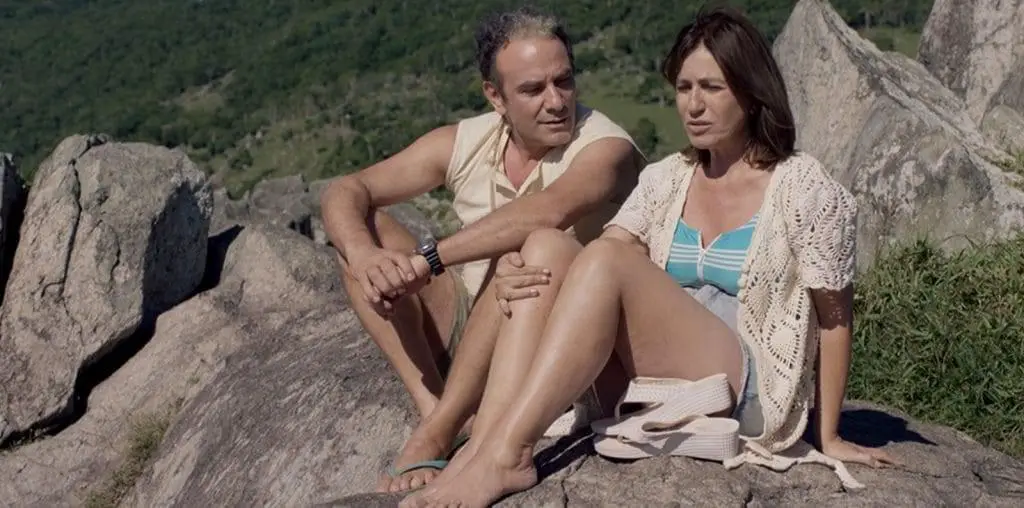
Vivienne Roumani-Deen’s slender documentary serves a double purpose in tracing the decline and disappearance of Libya’s Jewish population during the 20th century and in tracing her family’s odyssey as part of that community’s decline and dispersal.
Based on recently discovered memoirs by her mother, Elise Roumani, Roumani-Deen traces the two stories from Libya’s position under Ottoman Turkish rule to its turnover to Italian colonial rule. The Italian period, particularly during the early years of Mussolini’s regime, signaled a new cosmopolitan awakening for the once-backward Libya and greater economic opportunities for the Roumani family and other Jews. Alas, Mussolini’s alliance with Hitler put that brief glory to an add, and the chaos of World War II found most of the filmmaker’s family exiled in Tunisia (several cousins were deported to Europe and the Nazi death camps).
With the creation of Israel after World War II, followed by Libyan independence afterwards, most Libyan Jews left their homeland for the Holy Land. Oddly, the Roumani family remained in Libya with the hope of economic and social stability. By the late 1950s, the inevitable was too clear to ignore and the family left for America. By the time of 1967’s Six-Day War, the few hundred brave Jews who stayed in Libya were forced to leave under threat of violence. Today, Libya has no Jewish population.
“The Last Jews of Libya” is a compelling story, with the surviving members of the Roumani family (the filmmaker, her two brothers and assorted cousins) recalling the tumultuous years in North Africa and the equally rocky transition to a new Western way of life. Family photographs provide a charming glimpse into this now-extinct environment, while rare newsreel footage offers a more tantalizing comprehension of Libya’s complex and often contradictory society.
Unfortunately, the finite amount of photographs and newsreels is a bit obvious, as much of the film is devoted to visually stagnant talking head commentary that sometimes focuses on seeming trivia (such as the family’s fascination with Italian long-playing records) while skimming over or avoiding some rather obvious questions (the availability of kosher food, Hebrew schools, and the level of discrimination in post-World War II Libyan society). It is a shame that more time was devoted to the subject rather than the film’s too-tight 50 minute running length.
For anyone who is interested in North African culture or Sephardic Jewish history, “The Last Jews of Libya” is recommended.


